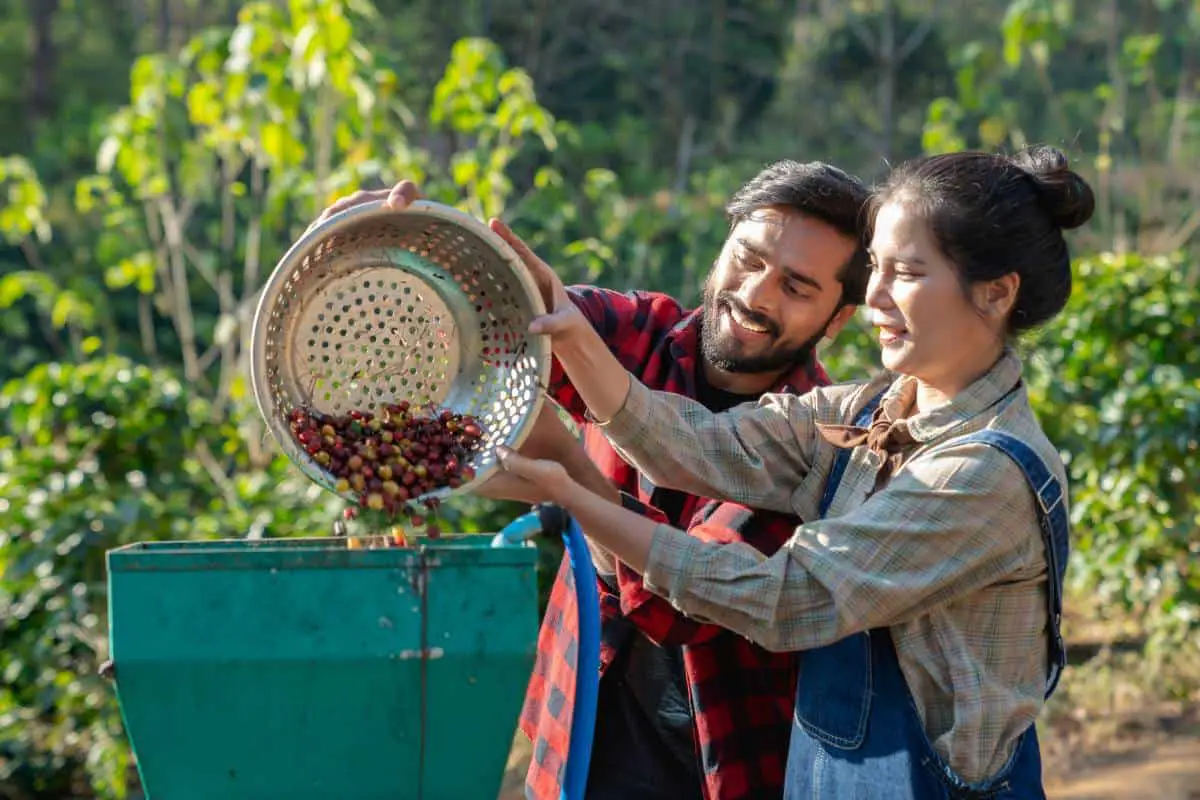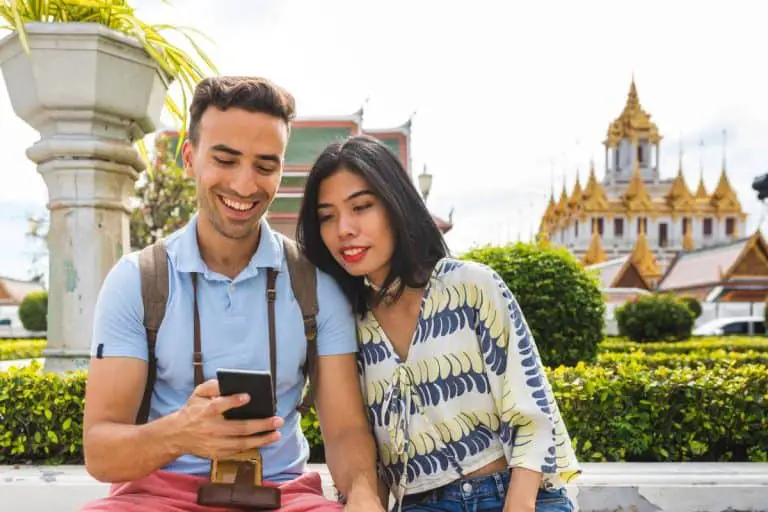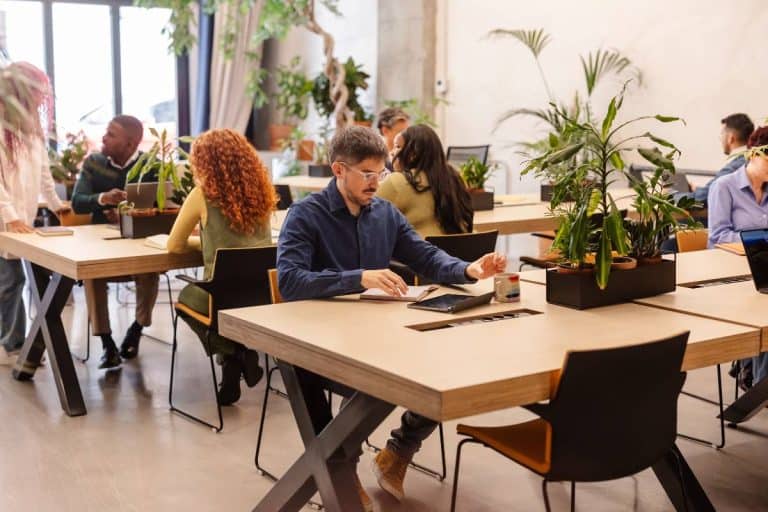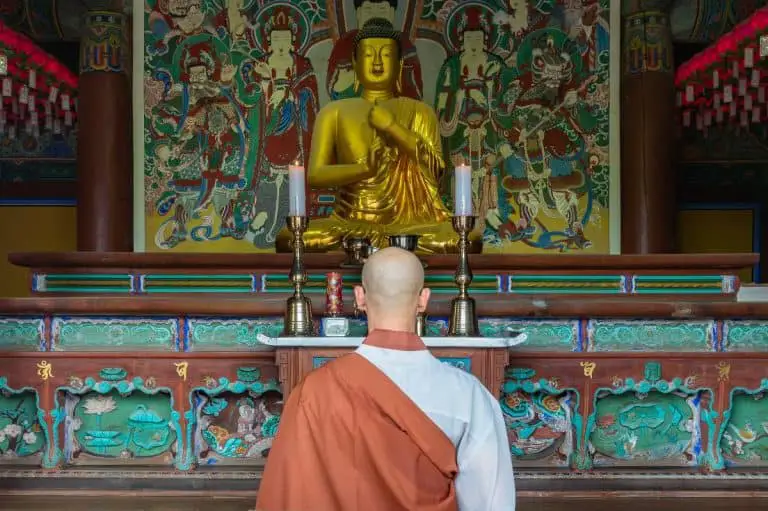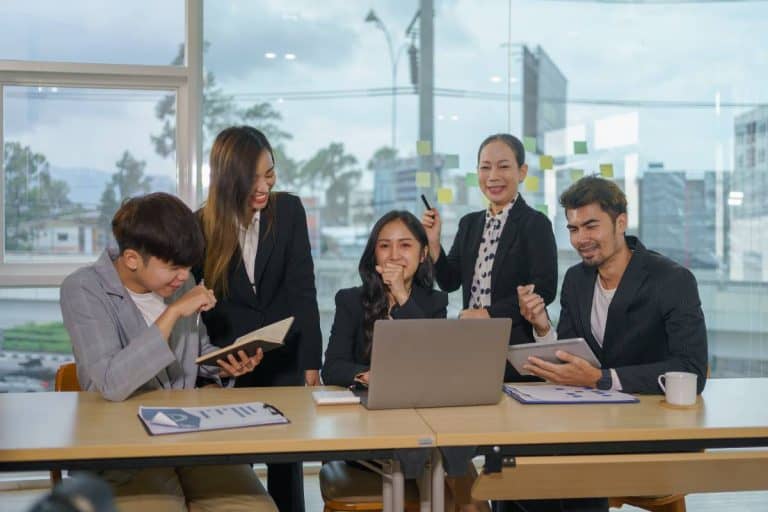Diving Deep into Thailand’s Coffee Culture
Hey everyone, Tom here from BetterLivingAsia.com. Diving into Thailand’s coffee culture has been a revelation! Forget your standard brew; here, it’s a vibrant mix of tradition and innovation. From robust street Oliang to artisan specialty beans from Chiang Mai, each cup tells a story. I’m excited to share my journey through this buzzing scene, where local flavors and global standards blend perfectly. It’s more than just caffeine; it’s a cultural experience.
Key Takeaways
- Local beans meet global trends, creating unique, flavorful experiences.
- Traditional Thai coffee offers a sweet, heritage-rich taste.
- Northern regions like Chiang Mai drive a thriving, innovative coffee scene.
The Rise of Specialty Coffee: A Modern Twist
When I first arrived, I noticed the prevalence of instant coffee and the ubiquitous “Oliang” (Thai iced black coffee). But in the past few years, something incredible has happened: a surge in specialty coffee shops. These aren’t your typical chains; they’re unique, often family-run establishments that take their coffee seriously.
- Local Beans, Global Standards: What’s truly remarkable is the focus on locally sourced beans. The northern regions of Thailand, like Chiang Mai and Chiang Rai, have become hotspots for coffee cultivation. The climate and elevation are perfect for growing Arabica beans, resulting in complex and flavorful brews. You’ll find cafes proudly displaying their single-origin beans, with detailed notes on the farm and processing methods. Many cafes are also offering Thai coffee online for those wanting to experience it from home.
- Artisan Roasters and Baristas: I’ve been fortunate to meet some incredibly passionate baristas and roasters who are pushing the boundaries of Thai coffee. They’re experimenting with different brewing techniques, from pour-over to cold brew, and creating unique flavor profiles. It’s not just about making coffee; it’s an art form, and many are also teaching Thai coffee brewing methods.
- Cafe Culture as a Social Hub: More than just a place to grab a quick caffeine fix, cafes here are social hubs. You’ll see people working on laptops, catching up with friends, or simply enjoying a quiet moment with a book. The atmosphere is relaxed and inviting, a perfect escape from the hustle and bustle of daily life. This is a very important part of the Thai cafe scene.
Traditional Thai Coffee: A Taste of Heritage
While specialty coffee is booming, traditional Thai coffee still holds a special place in the hearts of locals. It’s a taste of heritage, a reminder of simpler times.
- Oliang: The Classic Thai Iced Coffee: This dark, strong, and sweet iced coffee is a staple. It’s made with a blend of robusta beans, roasted corn, soybeans, and sesame seeds, giving it a unique, slightly smoky flavor. It’s perfect for cooling down on a hot day. Many wonder about the Thai iced coffee recipe, and each vendor has their own spin.
- Kafe Boran: The Old-School Charm: You’ll find these traditional coffee stalls in markets and street corners, serving up strong, sweet coffee brewed in a cloth filter. It’s a no-frills experience, but the taste is authentic and unforgettable. The street coffee Thailand offers is an experience not to be missed, and a window into the past.
- The Sweetness Factor: Thai coffee tends to be sweeter than what many Westerners are used to. This is because condensed milk and sugar are often added generously. It’s an acquired taste, but once you get used to it, you’ll find it incredibly satisfying. Many people also want to know the Thai coffee calories due to the added sweetness.
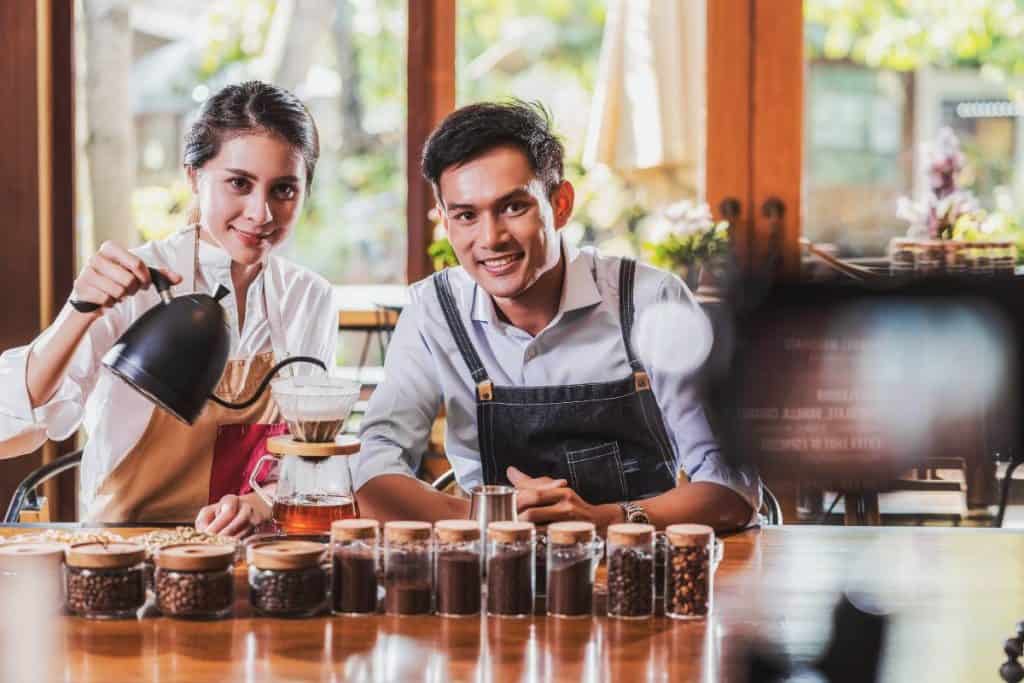
Exploring Coffee Regions: A Journey for the Senses
If you’re a true coffee enthusiast, I highly recommend exploring the coffee regions of Northern Thailand. The scenery alone is worth the trip, with rolling hills and lush greenery.
- Chiang Mai: The Coffee Capital: This city is a haven for coffee lovers. You’ll find countless cafes, roasteries, and farms offering tours and tastings. It’s a great place to learn about the entire coffee-making process, from bean to cup.
- Chiang Rai: The Hidden Gem: Slightly less touristy than Chiang Mai, Chiang Rai offers a more authentic coffee experience. You’ll find smaller, family-run farms and cafes, where you can connect with the locals and learn about their traditional coffee-growing practices. The Chiang Rai coffee farms are a must see for any coffee tourist.
- Coffee Tourism: Many farms offer coffee tourism experiences, allowing you to participate in harvesting, processing, and roasting. It’s a fantastic way to immerse yourself in the local culture and gain a deeper appreciation for Thai coffee, and to understand Thai coffee production.
The Future of Thai Coffee: Sustainability and Innovation
I’m excited to see where Thailand’s coffee culture goes from here. There’s a growing focus on sustainability, with many farmers adopting eco-friendly practices. And with the influx of young, innovative baristas and roasters, the future looks bright.
- Sustainable Practices: More farmers are embracing organic and sustainable farming methods, reducing their environmental impact and producing higher-quality beans.
- Innovation and Experimentation: Thai baristas are pushing the boundaries of coffee making, experimenting with new techniques and flavor combinations. This creativity is driving the evolution of Thai coffee culture.
- Growing Global Recognition: Thai coffee is gaining recognition on the international stage, with more cafes and roasters exporting their beans to other countries. This global interest is a testament to the quality and uniqueness of Thai coffee.
FAQs
What is the significance of coffee in Thailand?
What are the main types of coffee produced in Thailand?
How does Thai coffee culture differ from other coffee cultures?
Where can I find the best coffee shops in Bangkok?
What is Thai specialty coffee?
Conclusion
Thailand’s coffee culture is far more than just a trend; it’s a testament to the passion, dedication, and creativity of the Thai people. From the bustling street stalls serving up traditional brews to the chic cafes showcasing specialty beans, every cup tells a story. And I’m grateful to be a part of that story, one sip at a time.
Until next time, keep exploring, keep tasting, and keep living your best life in Asia! If you have any questions, don’t hesitate to contact us!
Tom Kitti,
